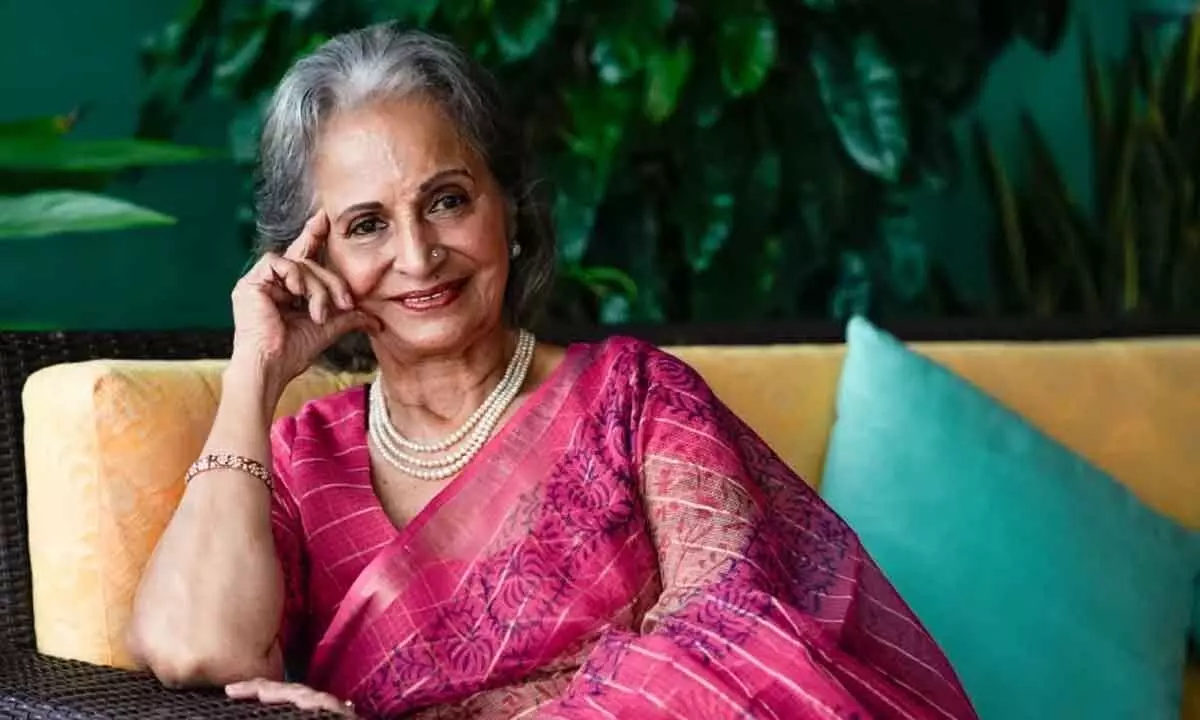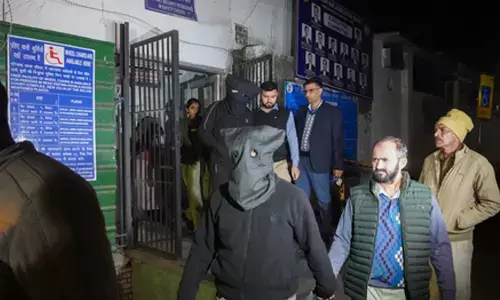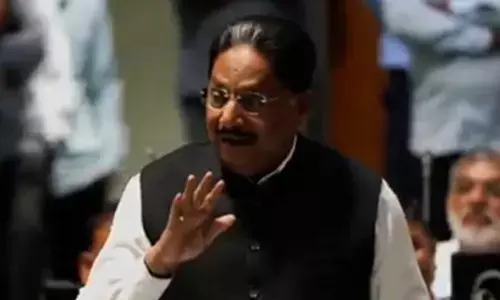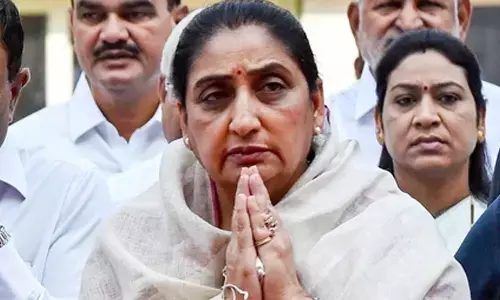Waheeda Rehman: A living legend honoured at last

Hers is a name which is on the top of the minds of cinema aficionados. A veteran artiste she of course is, but she is also counted as one among the enduring beauties of Indian cinema who looked stunning in both black & white and colour movies. Not to speak of hundreds of nostalgic memories her songs have been unleashing in the minds of her fans all over the world for nearly seven decades now, as she aged gracefully over time.
Finally, the coveted Dada Saheb Phalke Award, which has been given to just eight successful cine women in the past 54 years (since its inception in 1969) has come her way. Here too, Rehman has created a record by being the oldest film heroine to receive the award at the age of 85, with Asha Parekh, her contemporary, receiving the earlier award presented in 2020 at the age of 78. It is a sweet coincidence that the announcement of the Award was made on the day Dev Anand, the prime reason for her initial success in cinema, completes his centenary birth anniversary. Her earlier National Award was for the 1971 film ‘Reshma Aur Shera’ in which she was adjudged the Best Actress.
Tamil Nadu-born Waheeda hailing from a traditional Muslim family was among the earliest of filmi heroines who stayed the course in the glamour world on her own terms, till she bid goodbye to an active career of 36 years in 1991. This included sticking to her own name throughout even as many of her peers like Meena Kumari morphed into Hindu identities onscreen.
In 1955, her debut was in Telugu cinema, co-starring the young heroes Nageswara Rao (Rojulu Marayi) and N T Rama Rao (Jayasimha) which gave her the entry ticket to Bombay moviedom. Two Tamil films, one of which had MGR as the protagonist also came her way, which was colourised, a novelty in 1956 when black& white cinema was de rigueur.
In Bombay, she paired with all the leading names of Hindi cinema then - Ashok Kumar, Dev Anand, Guru Dutt, Raj Kapoor, Biswajeet, Manoj Kumar, Dharmendra, Raaj Kumar, Rajesh Khanna, Rajendra Kumar, Sanjeev Kumar, Sunil Dutt etc. Interestingly, she was the heroine for Amitabh Bachchan, four years younger to her in the 1976 release ‘Adalat’ when the Big B played both the father and the son in the film.
At a time when heroines are seeking better working conditions, gender-friendly treatment and a higher pay packet in the modern film world, Rehman stayed on top in the 1960s earning a fee which was among the highest then. She is also reputed to have inserted clauses which made her select her costumes and other shadow-zone activities on which heroines usually have no control.
Her stature and market remained intact even after a reported whirlwind affair with actor-director Guru Dutt who ended up the loser, dying of suicide when he was barely 40. Her multi-lingual working continued till 2006 when she made a cameo appearance in a Telugu film starring Siddarth titled ‘Chukkallo Chandrudu’, after having been seen with Akkineni Nageswara Rao and Krishna in films made during the 1970s and 1980s.








